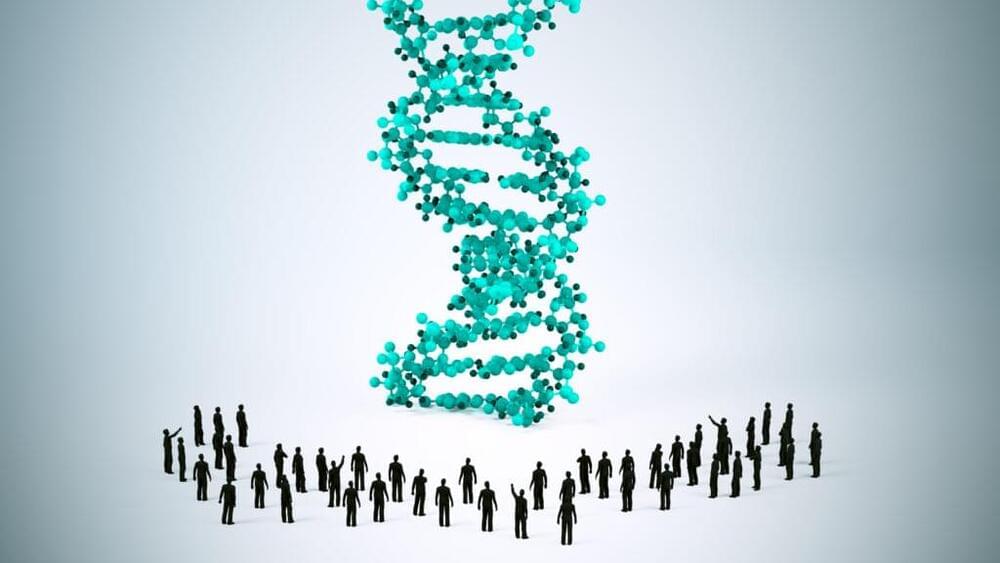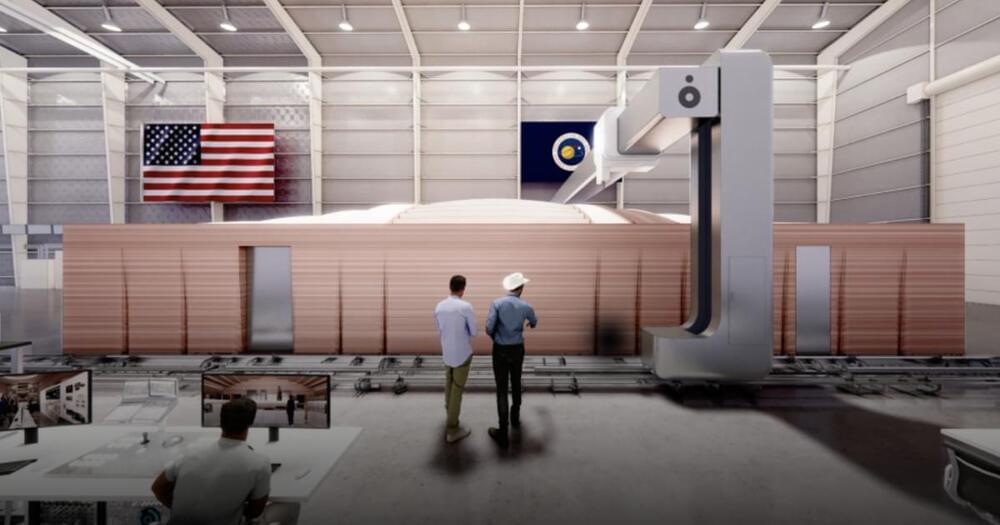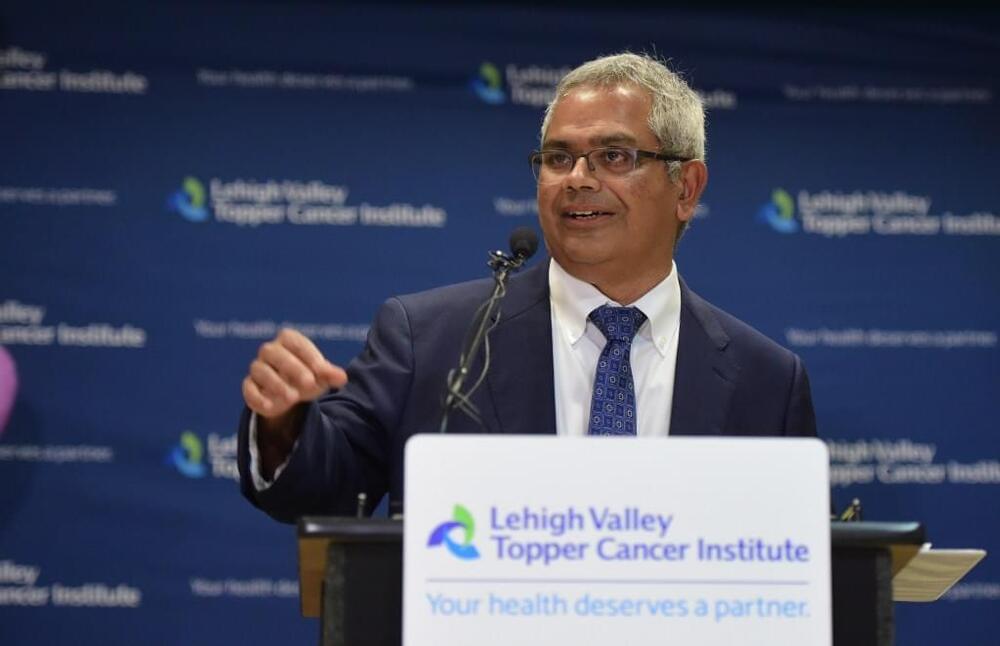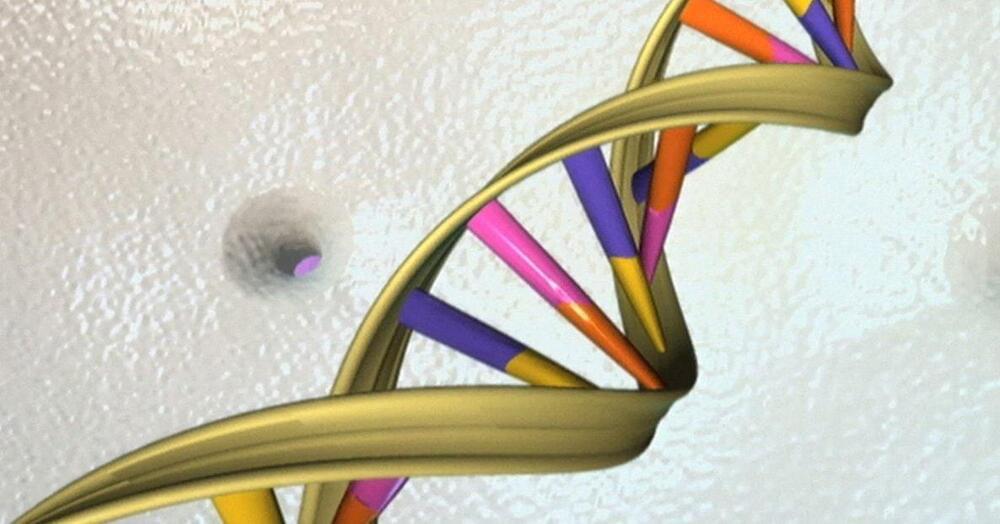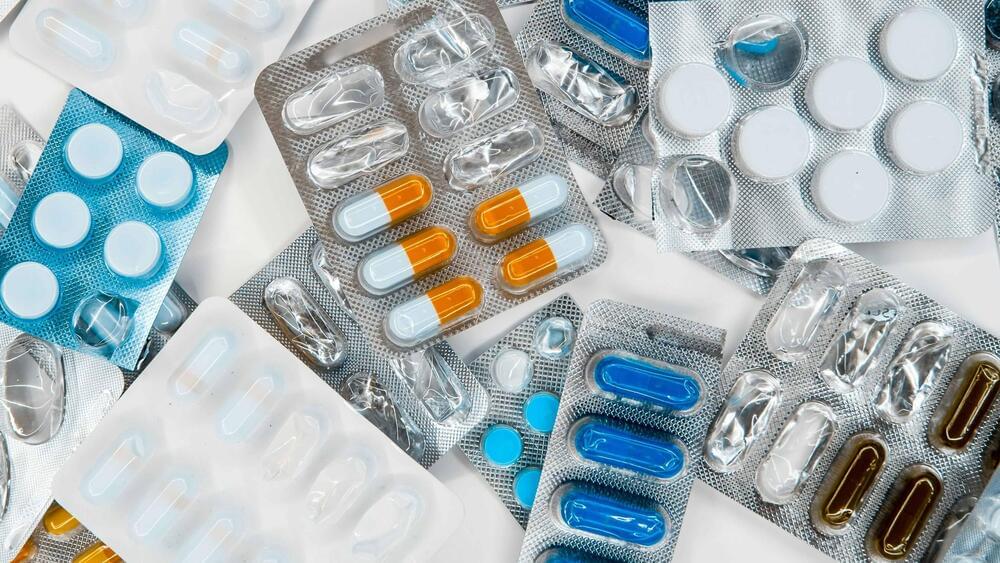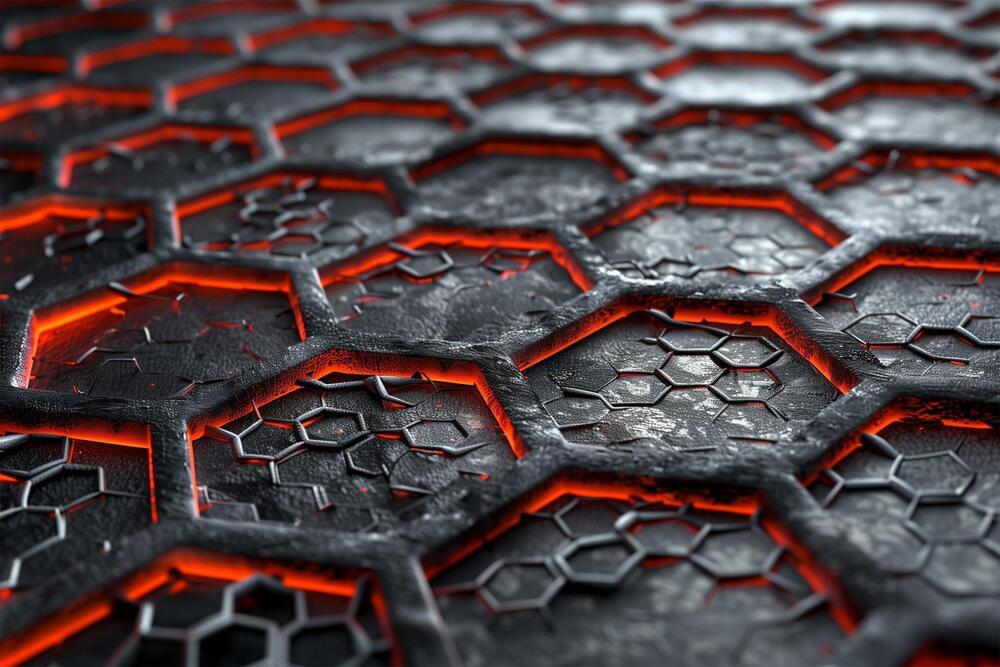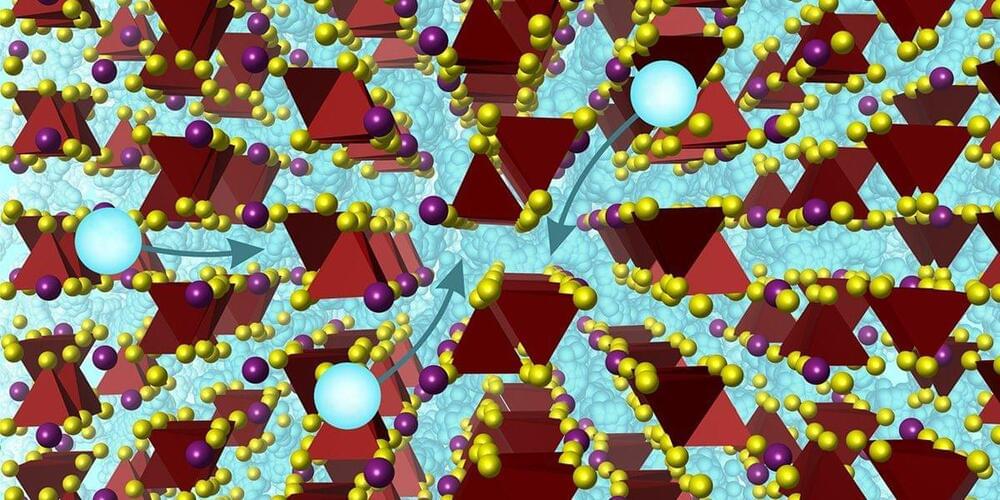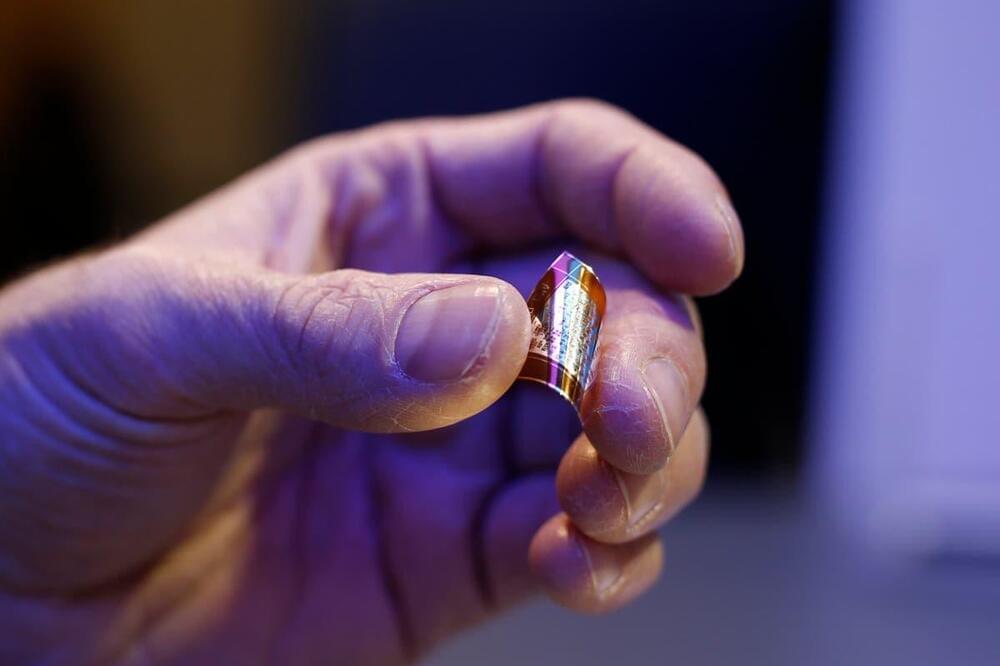Although people of European descent account for less than one-quarter of the world’s population, their DNA disproportionately drives genetics research. Between 2005 and 2018, the majority of genome-wide association studies were conducted with data from people living in just three countries — the United Kingdom, the United States, and Iceland.
“The paradox of precision medicine is that you have to have a ton of different kinds of people to figure out one person really well,” said Josh Denny, CEO of the All of Us research program. “There’s still so much we don’t understand about the human genome, especially about rare variation. Huge projects like ours are really helping to accelerate that understanding.”
All of Us has recruited more than 750,000 volunteers to provide survey responses about their health, medical records, and if they’re willing, biological samples for molecular and genetic testing. Genetic data from some participants have been available for researchers since 2020, but the new release this week includes the whole genome sequences of nearly 250,000 participants — half of whom are of non-European ancestry.
